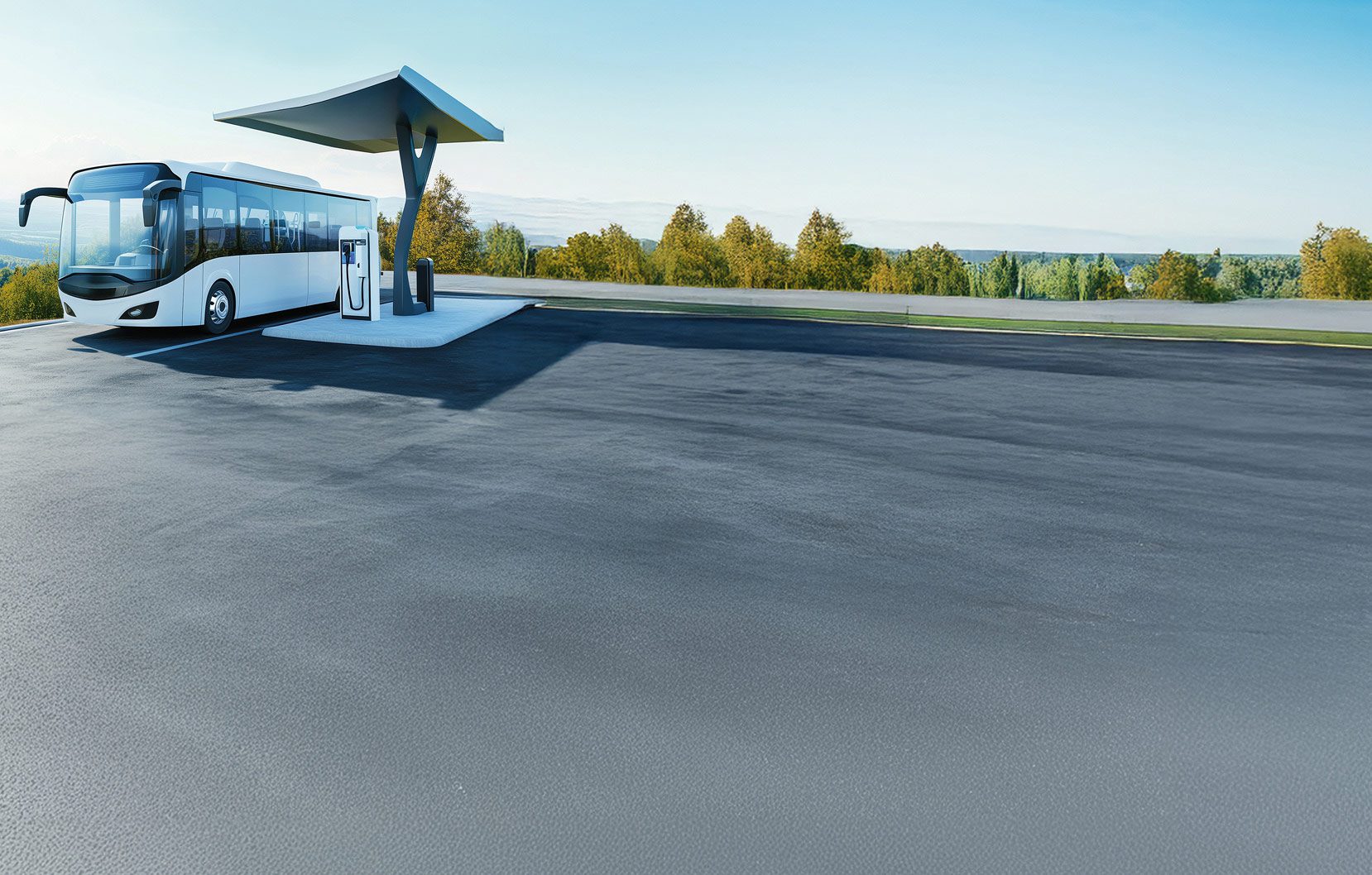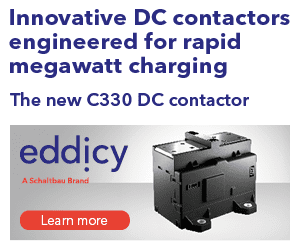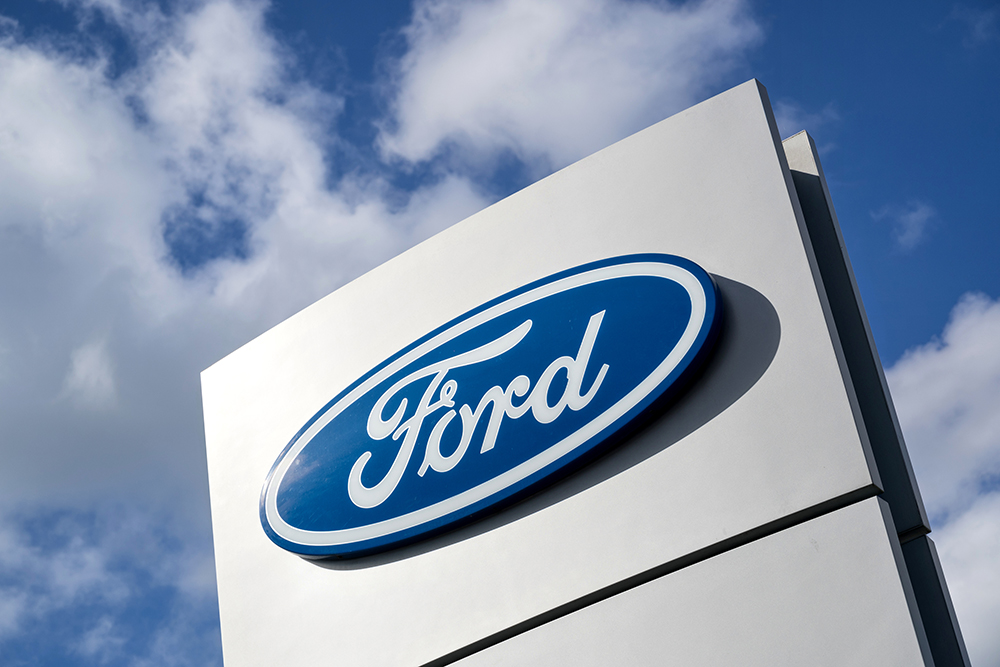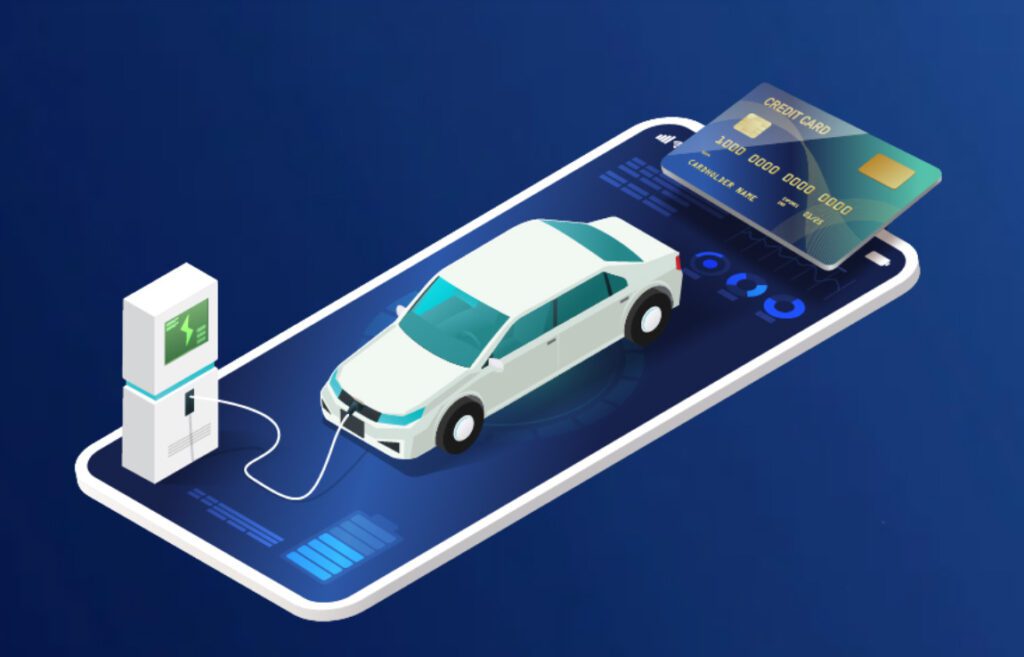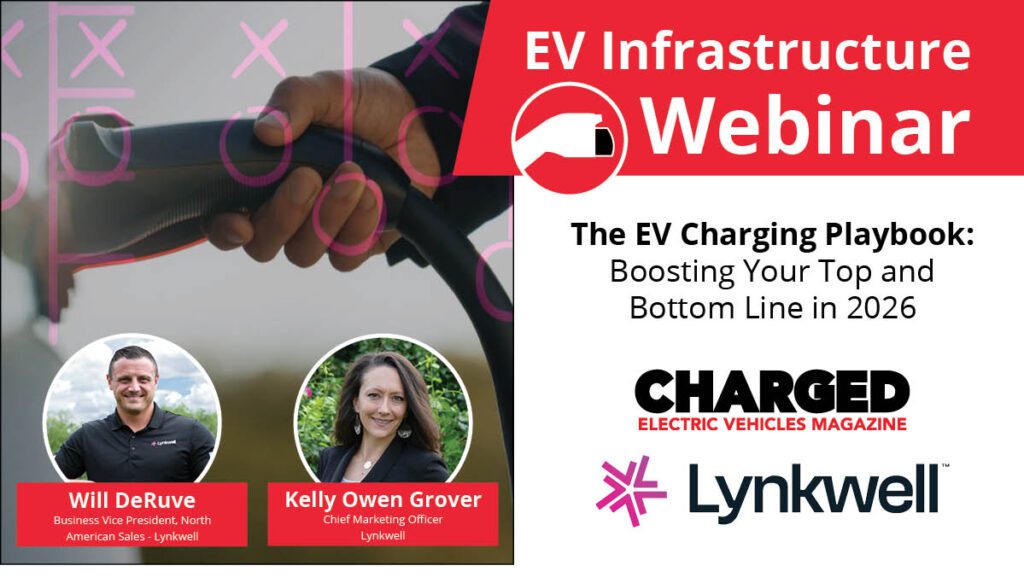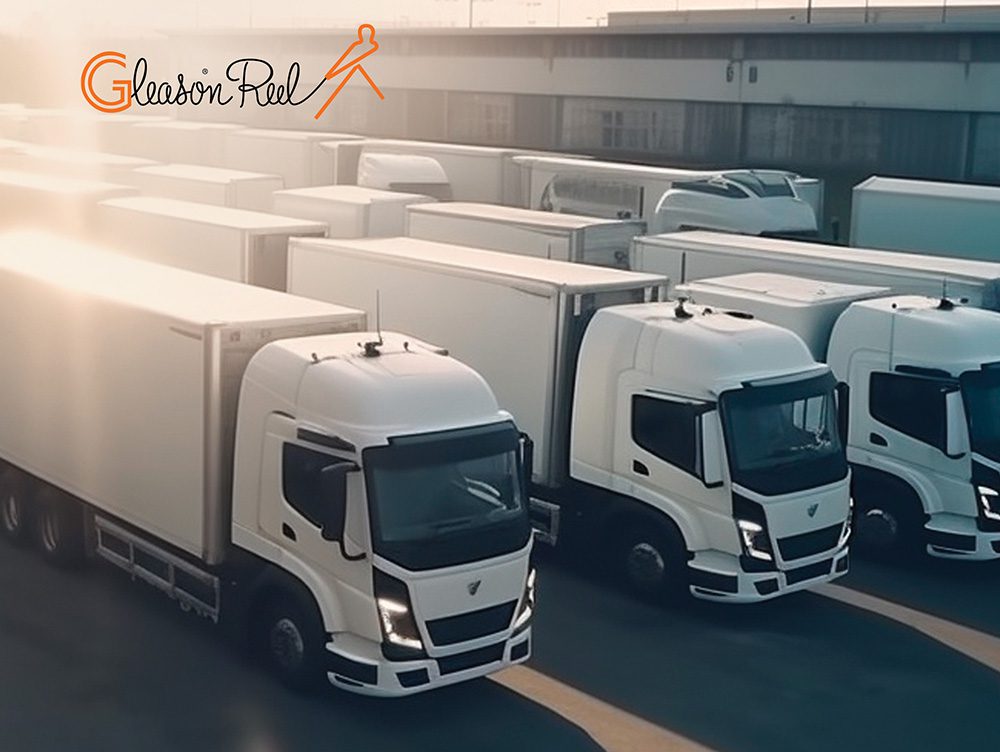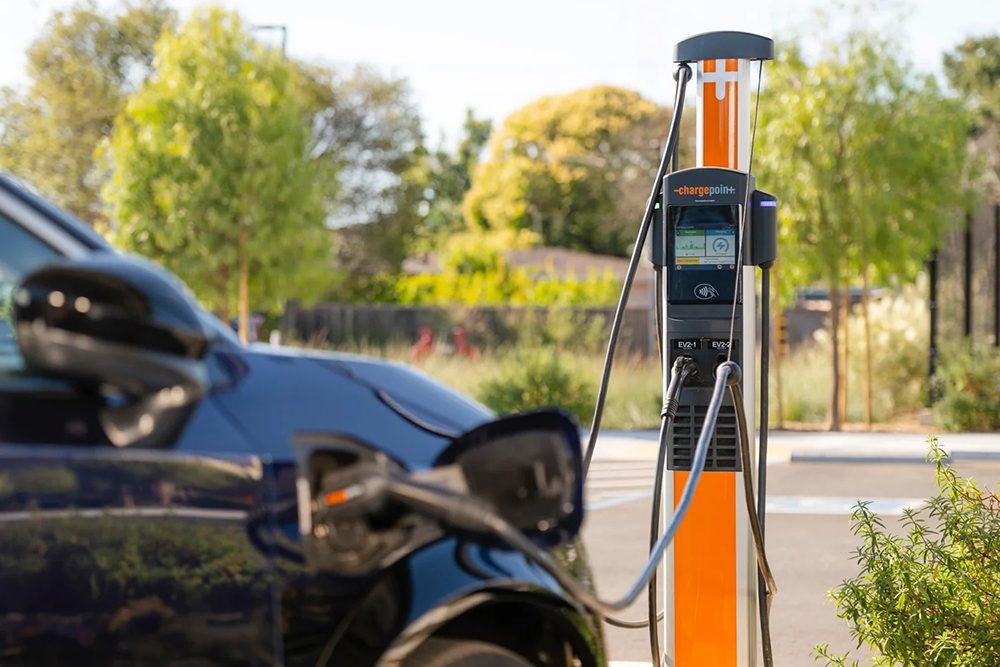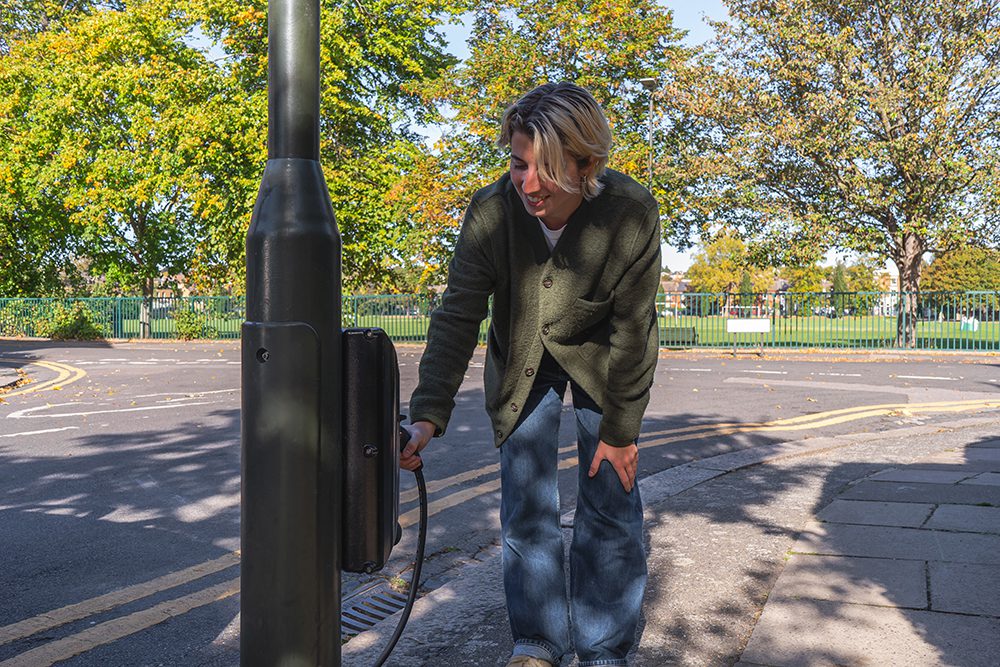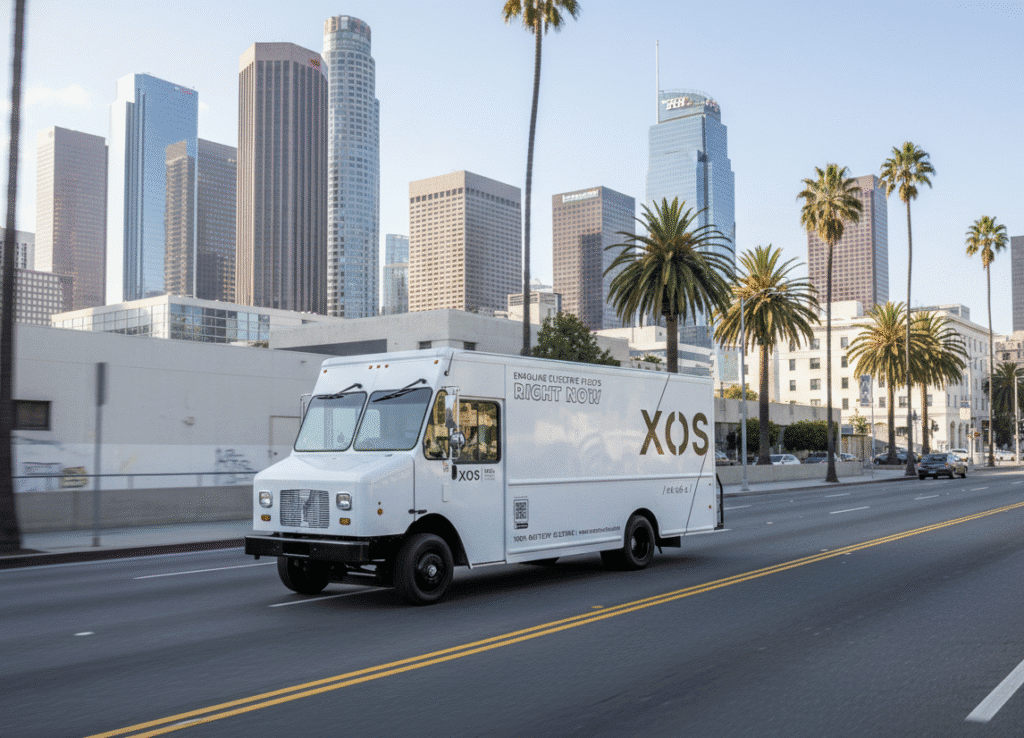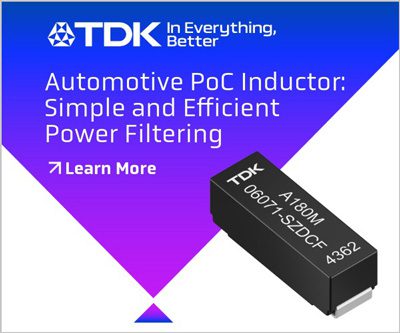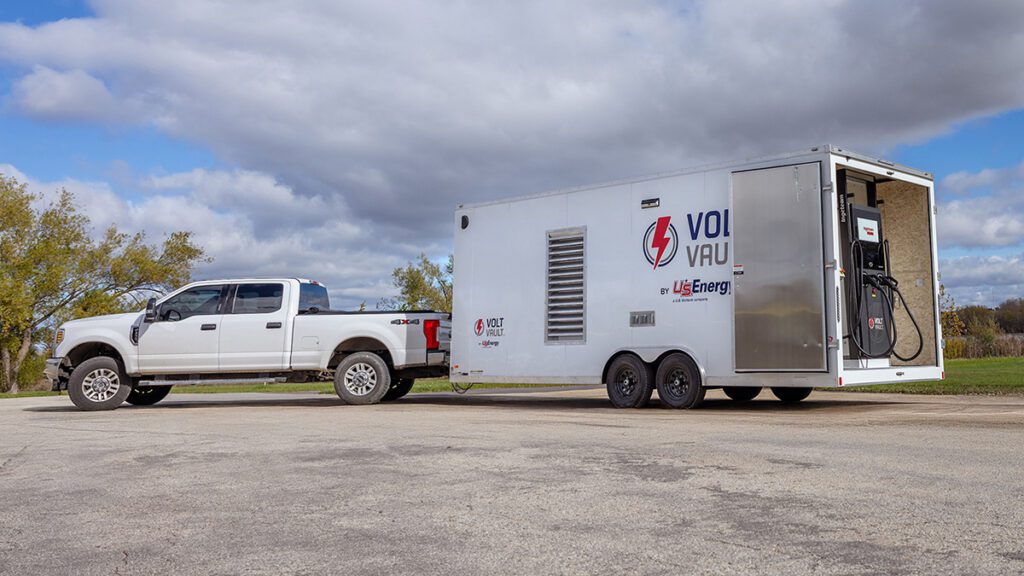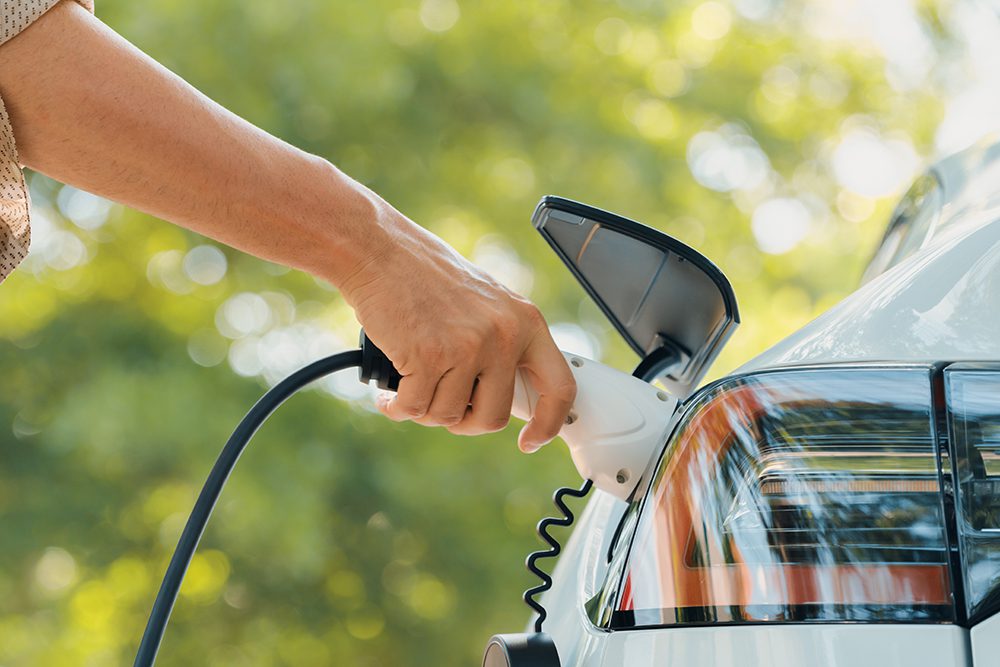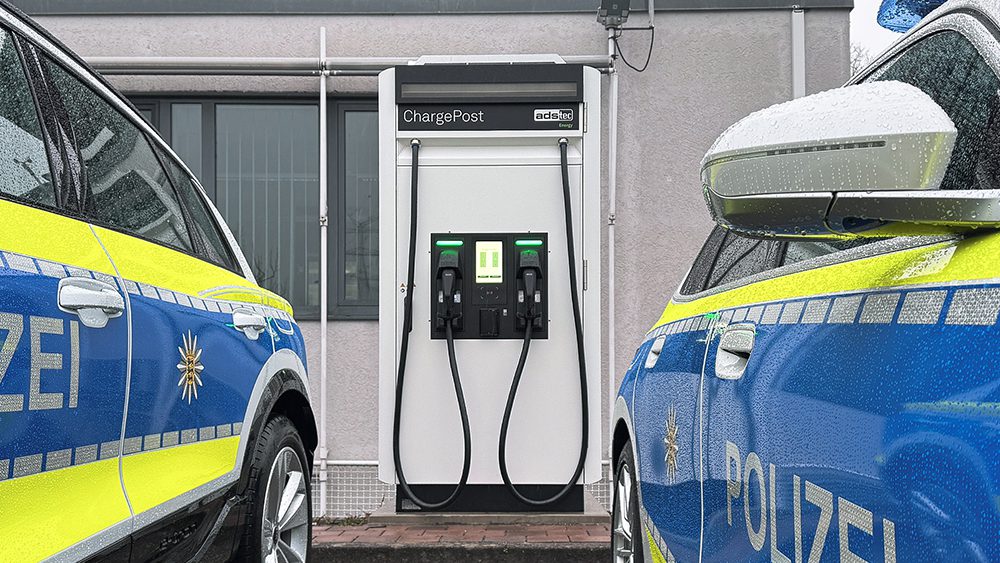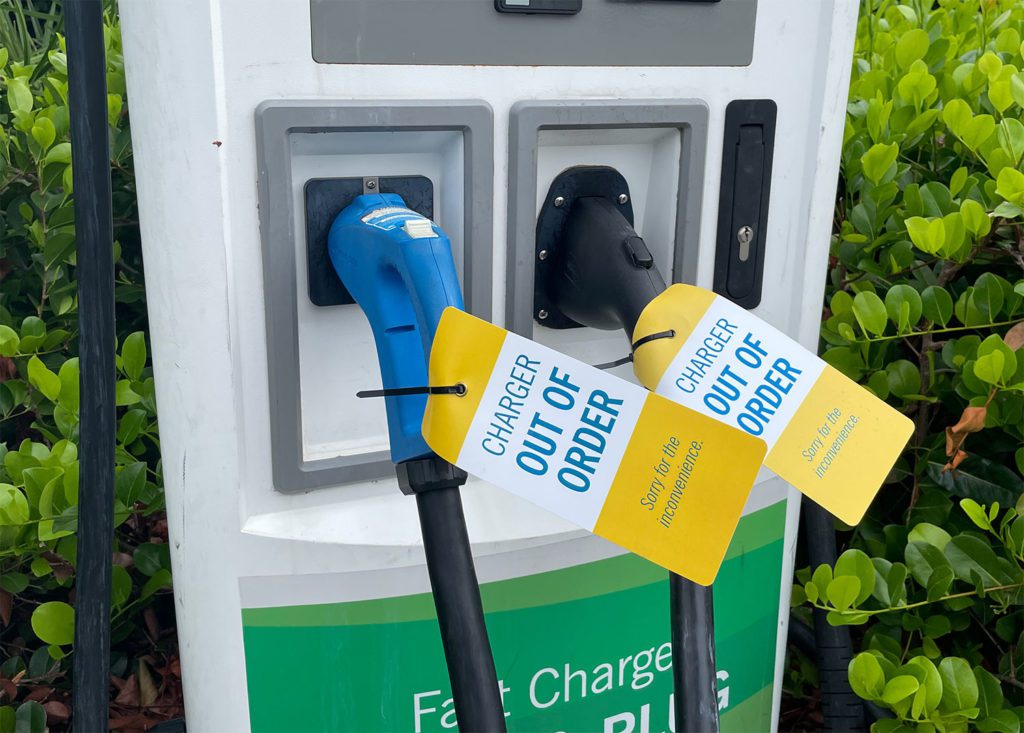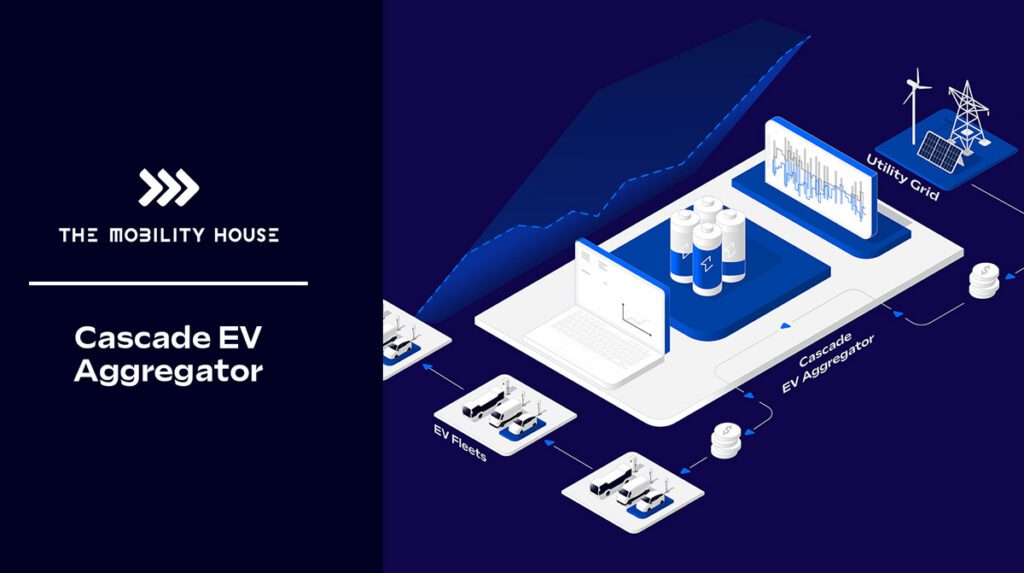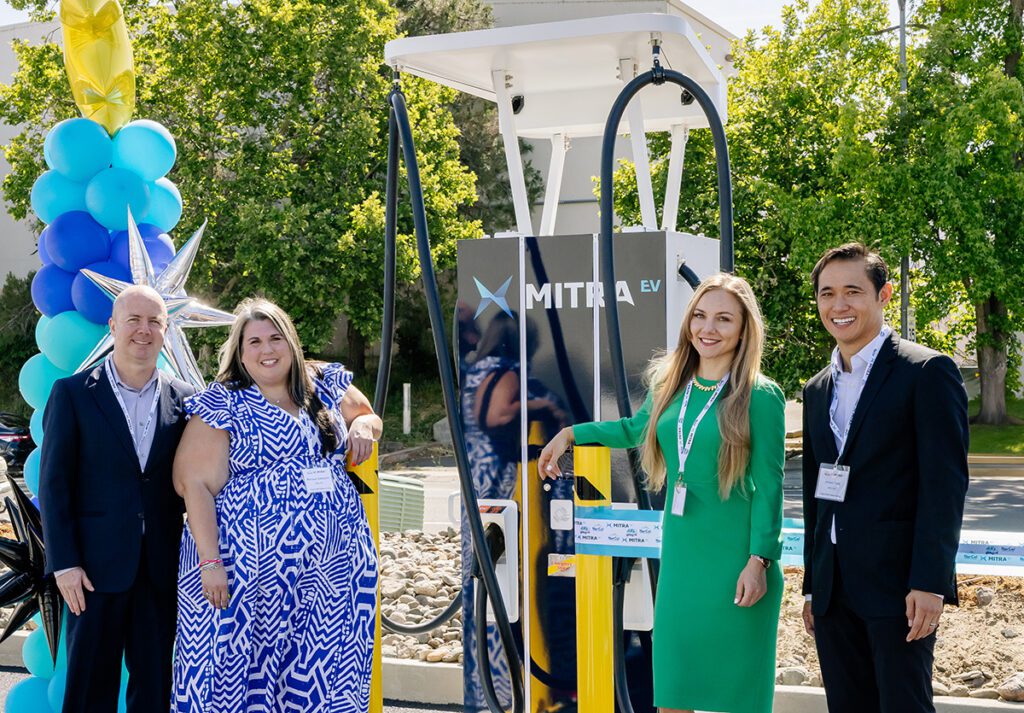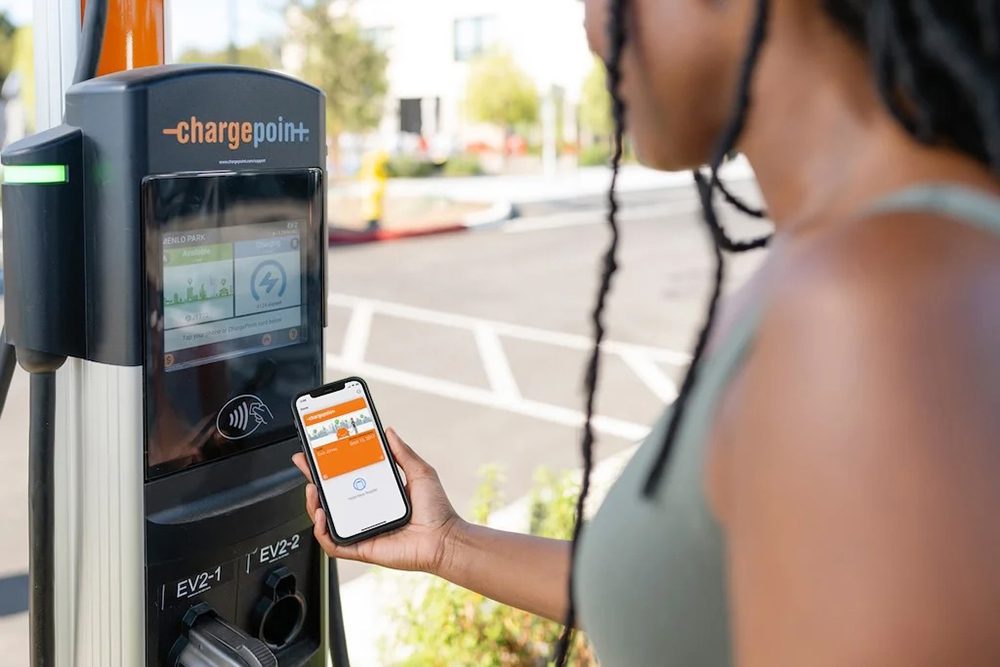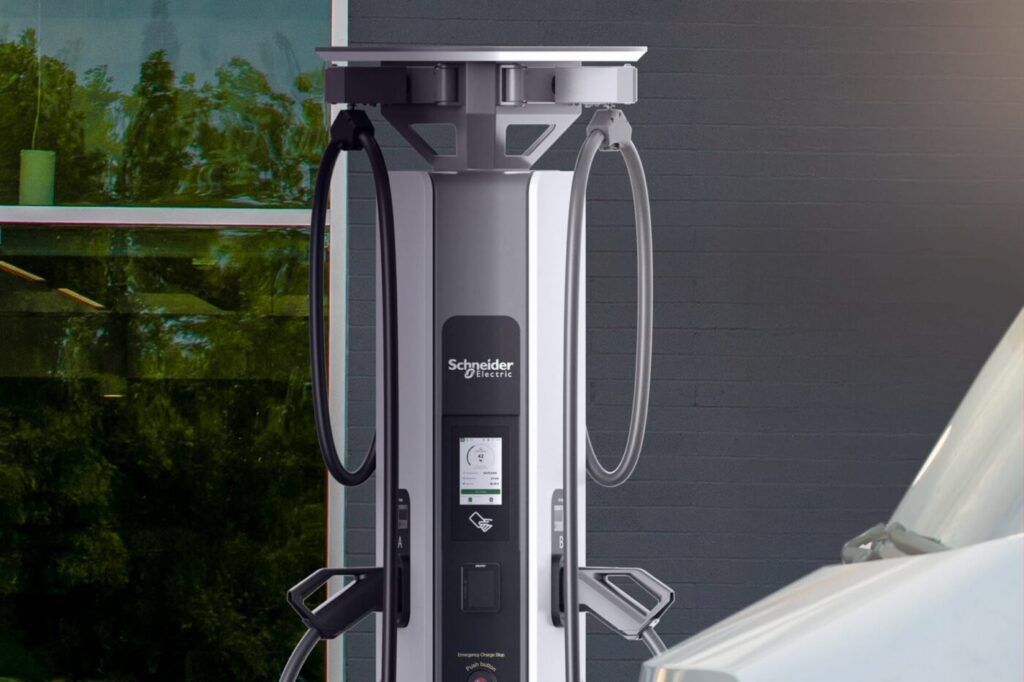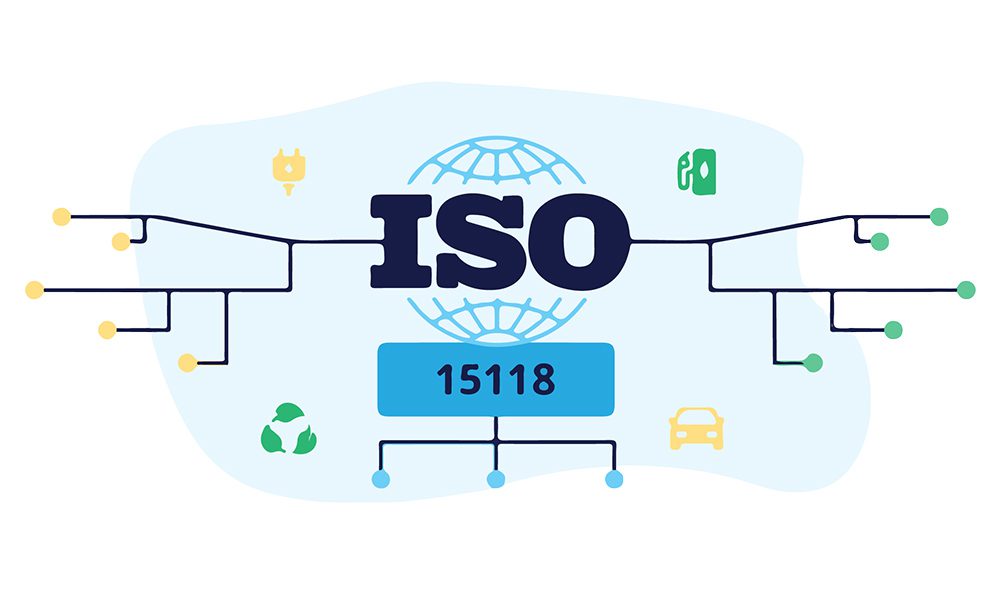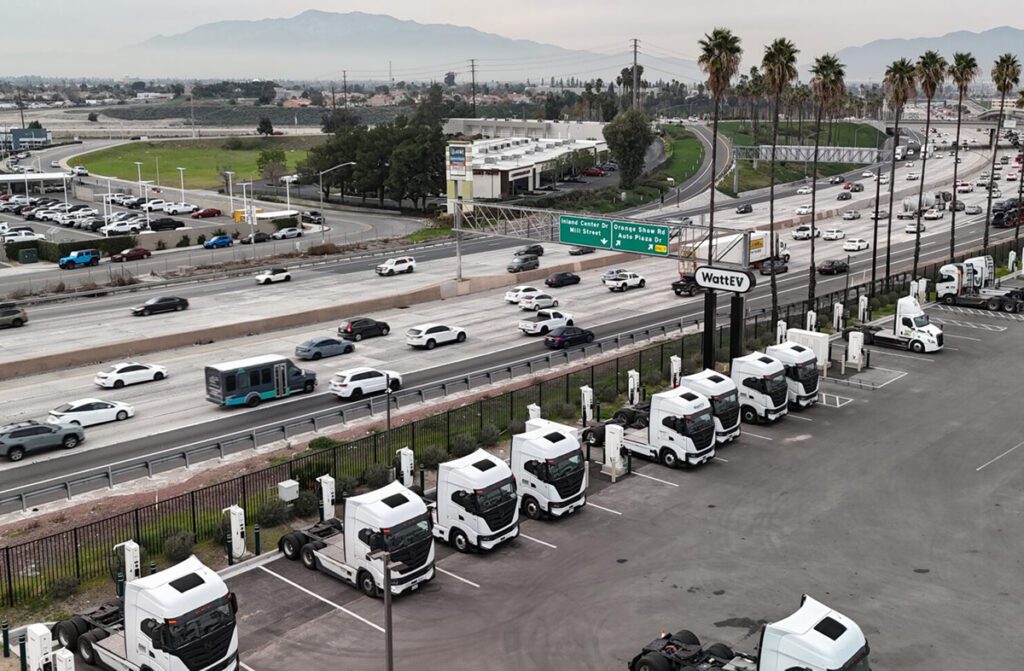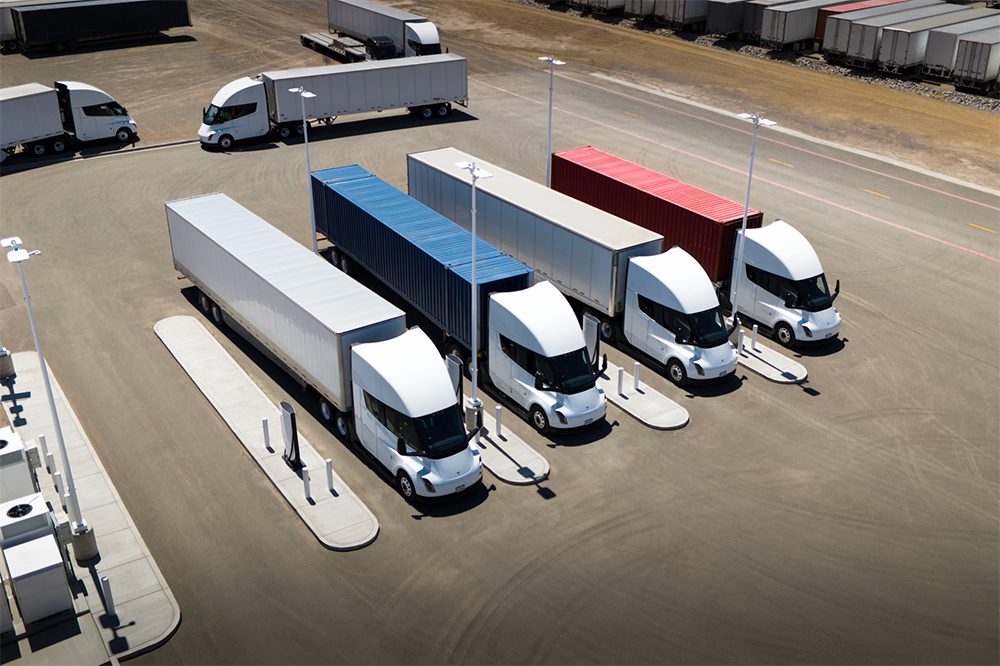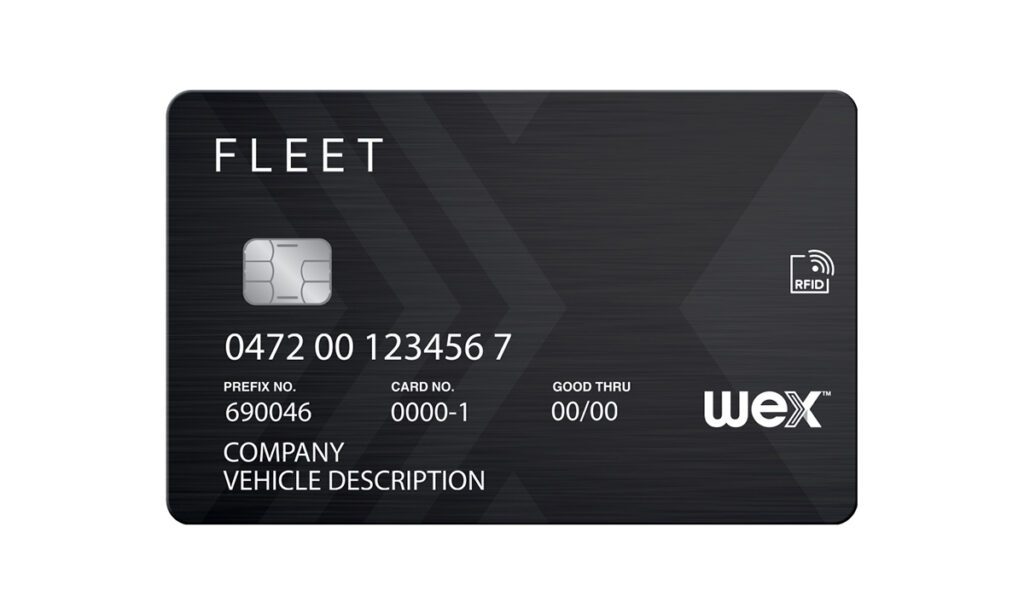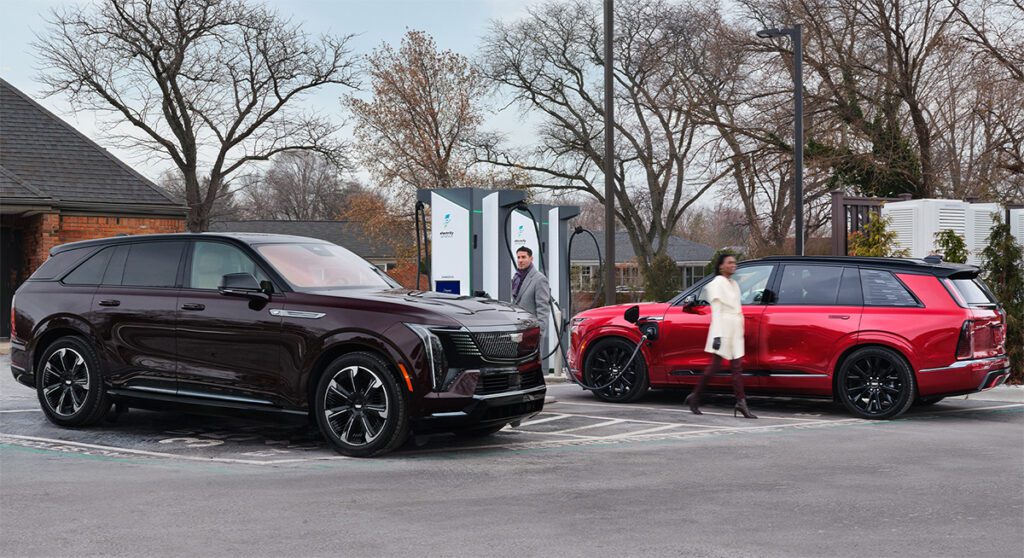Auto dealers are widely considered to be a bottleneck for EV adoption, but it doesn’t have to be that way. EV-savvy automakers such as VW, GM, and Ford have no plans (that we know of) to abandon the dealership model, but they are taking steps to make sure their dealers have the assets they need to start selling EVs in earnest (and to weed out those who really don’t want to be part of the new electric world).
At Ford’s National Dealer Meeting in September, the automaker unveiled an electrification strategy to its 3,000-strong dealer network, giving dealers the option to make the necessary investments to join one of two EV-certified tiers and become Ford Model e EV dealers. Only those dealers who buy in will be authorized to sell EVs from the beginning of 2024.
Now Ford’s CEO, Jim Farley, has announced that around two thirds of its dealers have enrolled in the initial Model e Program for the 2024-2026 period.
“On Friday, we closed our first enrollment period for the voluntary Model e EV Dealer Program,” Farley tweeted. “As of today, 1,920 Ford Dealers (65% of the network) have enrolled and joined Ford on its EV journey, which is focused on elevating the customer experience for EV customers.”
Analogous to the way car buyers can choose an entry-level model or a pricier loaded model, Ford dealers can choose to join the Certified tier, which requires an initial investment of $500,000 and requires them to offer EV repair and maintenance and to provide one public DC fast charger, but doesn’t require them to actually keep any EVs on the lot (they can offer them on a build-to-order basis); or, for an investment of up to $1.2 million, to join the Certified Elite tier, which requires the installation of two public DC fast chargers, and requires the dealership to have demo units and a steady stock of EVs on the lot for sale.
Farley said that, of the 1,920 US Ford dealers who enrolled in the initial voluntary Model e program, 1,659 chose the Certified Elite tier, and 261 chose the entry-level Certified tier. Dealers that chose not to participate in this round will have another opportunity to sign up in 2025, and begin selling EVs in 2027.
The voluntary Model e EV Dealer Program shows why @Ford is betting big on dealers. Working together, we will become the center of innovation and growth, and bring new value to customers and our Dealers.
— Jim Farley (@jimfarley98) December 5, 2022
The bad news is that a third of all US Ford dealers—some 1,000 dealerships—won’t be selling any EVs until at least 2027. It will be interested to see how the holdouts fare compared to their electrified colleagues.
The good news is that, once the Certified and Certified Elite dealers get their DC fast chargers installed, Ford will find itself operating one of the largest charging networks in the US. Ford’s existing Blue Oval Charging Network isn’t a separate network in the usual sense of the term, but (as Electrek calls it) a confederacy that allows Ford drivers to use over 4,000 DC fast charging locations belonging to several networks including Electrify America and ChargePoint. The chargers installed by Ford dealers, however, will be new ones that didn’t exist before—a total of over 3,500 of them. (For comparison, Tesla has around 1,500 Supercharger stations in the US, EVgo has around 850 locations, and Electrify America has 800—many of these sites have several individual chargers.)
Ford says the new chargers will be open to the public (presumably including the non-Ford-driving public). Many of the dealerships are in sprawling Airport Road-style locations that aren’t ideal for public use, but some are in more urban areas with amenities nearby, and many are located in regions such as the South and Midwest that currently have comparatively few public chargers.
Source: Ford, Electrek
